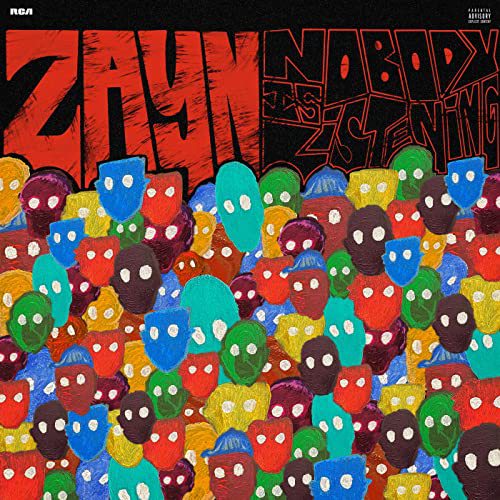On the couch, Gary lays sprawled out, a game controller in his hand, images from “Grand Theft Auto” flashing on the screen. Brooke, his girlfriend, is in the kitchen. She walks into the living room, and in a low voice filled with so many underlying emotions, she asks, “Gary, can you please help me do the dishes?”
Eight simple words begin the scene that ends Brooke and Gary’s relationship. (Yes, spoiler alert, this is a scene from “The Break-Up”). One small request starts an argument that brings hidden emotions rushing to the surface. But how could such a simple question trigger such chaos?
On October 15 during free hour, in Powdermaker 108, QC watched this scene unfold, as part of the Center for Ethnic, Racial & Religious Understanding, CERRU, Crucial Conversation Workshop. Aysa Gray, Director of Fellowships for CERRU, led the workshop, and used this scene to introduce us to the idea of the iceberg.
Sometimes conversations with family members, coworkers, friends, or even strangers don’t go the way we plan. Emotions run high, and the other person doesn’t seem to “get” us. Often, that is because a person’s words only reveal the tip of the iceberg. A heated argument, like Brooke and Gary’s, brings hidden emotions to light, but not in a way that leads to mutual understanding.
To keep communication from breaking down, it’s necessary to think about what’s inside the rest of the iceberg, to try to hear the deeper emotions behind the angry words, and then acknowledge those deeper emotions out loud. De-escalating a conflict may look something like this:
Mom: [loudly] For God’s sakes, just do your homework already!
You: Wow, Mom, it sounds like you’re really frustrated.
Mom: [a little more quietly] Yes, I am frustrated. That’s exactly right.
This doesn’t mean you get away with not doing your homework. What it means is, your mom, whether she’s conscious of it or not, now feels a little more heard and understood. Once a person feels like you “get” them, tensions start to ease up, and it’s easier to work out a solution to the original problem.
Had Brooke and Gary peered beneath the surface and seen the rest of the iceberg, their argument may have turned into a dialogue.
For more eye-opening workshops and events that teach essential skills in communication and broadening your horizons, come to our teach-in, “Experiencing Sexual Assault,” on Thursday, October 25 from 4-7 pm in the Dining Hall Patio Room, “the Annual International Conference on Ethnic & Religious Conflict” from October 30th through November 1 in the Patio Room, CERRU’s “Innovation Exchange: #MeToo” on Wednesday, November 7 from 5-8:30 pm in the Student Union, 4 floor. “Introduction to Gender Bias,” Monday November 12 during free hour in Powdermaker Hall 108 film screening of the movie “Feminist on Cell Block Y,” Monday November 9 from 5-7 (location TBD), and “Transforming Queens College into a Sexual Violence Free Zone,” Monday, November 26 during free hour in Powdermaker Hall 108. You can find us on Facebook, Instagram, and Twitter.













